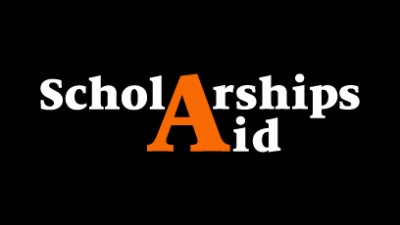Mentor Nimani
Lecturer
RIT Kosovo
Currently Teaching
POLS-110
American Politics
3 Credits
This course examines the basic principles, themes and institutions of American politics. The course will approach the study of American politics from four interrelated topics: 1) American political values and constitutional foundations; 2) mass politics and political socialization; 3) political institutions; and 4) public policy. Current events will be discussed throughout the course in an effort to promote responsible citizenship. In addition to providing a basic overview of American politics, this course seeks to develop critical thinking, group dynamic and communication skills that are transferrable outside the classroom.
POLS-335
Politics in Developing Countries
3 Credits
This course explores the ways in which the historical, cultural, economic and political contexts of societies of Africa, Asia and Latin America determines the patterns of their political processes. Focus is directed to such factors as history, religion, economic underdevelopment, and culture and their impact on the efforts to promote liberalization and democratization, economic and social modernization, and political and social stability.
POLS-360
International Political Thought
3 Credits
The course provides a general overview of international themes, ethical principles, and issues that are taken into consideration in international political thought. Possible topics may include theoretical analyses of the ideas of sovereignty, nationalism, hegemony, imperialism, global civil society, political theology, balance of power, collective security, just war, perpetual peace, and human rights. Guiding themes of the course will be a reflection upon the nature of political legitimacy in the international context and the tension between political justifications based upon necessity and those based upon justice. In reading the major political thinkers students will be encouraged to reflect upon the challenge of reconciling ethical obligations to one’s own community with those of humanity in general.
POLS-440
War and the State
3 Credits
The ways that political communities have sought to protect themselves from others and / or expand their territory and power have had enormous effects on the development of particular ideologies, institutions, and governmental forms. Conversely, these political developments have altered the character of war. This course explores the enduring centrality of war in the generation of the modern international system. It offers a deep analysis of the nature and evolving character of war, and the way this has intersected with the evolving character of states.
PUBL-101
Foundations of Public Policy
3 Credits
This interdisciplinary course introduces the student to the key concepts of public policy, the policymaking process, the role of stakeholders and interest groups, and the basic dimensions policy analysis. Those concepts are then applied through a range of issues, such as the environment, clean energy, climate change, healthcare, cybersecurity, employment, privacy, telecommunications, and innovation, at local, state, federal and international levels.
PUBL-201
Ethics, Values & Public Policy
3 Credits
This course focuses on the connections and interplay between personal and social values, ethics, and public policy. It explores how values and norms influence public policies and how the resulting expressions of values through public policies impact the implementation and effectiveness of policy choices. It also delves into how different countries make widely different policy choices based on their citizens’ values and social norms. The course also considers how new developments in science and technology influence the interplay between values, ethics, and policy across multiple issues. In addition, this course explores how to formulate values-based explanations of certain public policy preferences. Topics range across the policy issue spectrum.
PUBL-510
Technological Innovation and Public Policy
3 Credits
Technological innovation, the incremental and revolutionary improvements in technology, has been a major driver in economic, social, military, and political change. This course will introduce generic models of innovation that span multiple sectors including: energy, environment, health, and bio- and information-technologies. The course also analyzes how governments choose policies, such as patents, to spur and shape innovation and its impacts on the economy and society. Students will be introduced to a global perspective on innovation policy including economic competitiveness, technology transfer and appropriate technology.
STSO-201
Science and Technology Policy
3 Credits
STP eExamines how local, state, federal and international policies are developed to influence innovation, the transfer of technology and industrial productivity in the United States and other selected nations. It provides a framework for considering the mechanisms of policy as a form of promotion and control for science and technology, even once those innovations are democratized and effectively uncontrollable. Further focus is dedicated to the structure of governance inherent in U.S. domestic policy, limits of that approach, the influences of international actors, and utilizing case studies to demonstrate the challenges inherent in managing differing types of technology.











